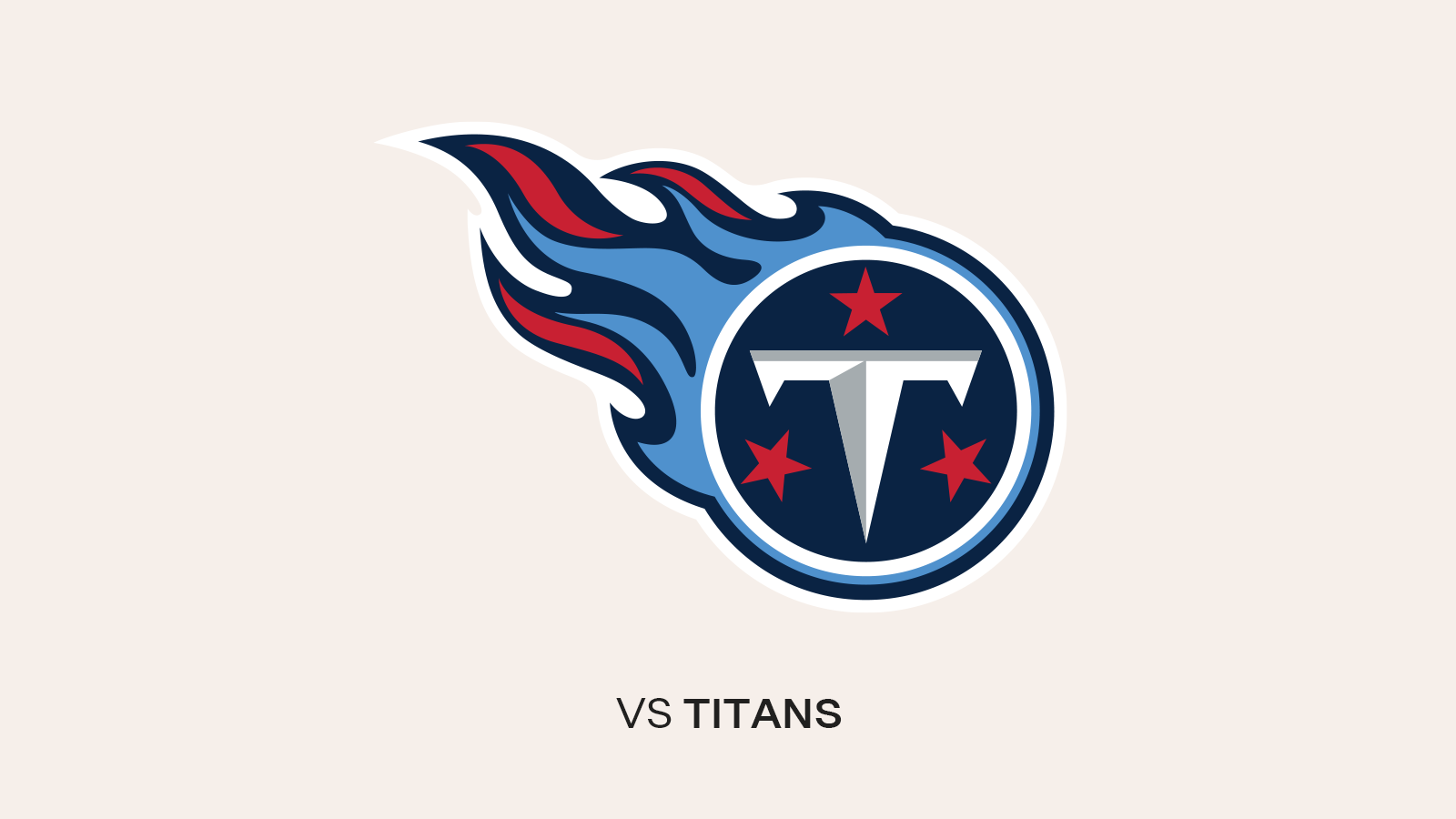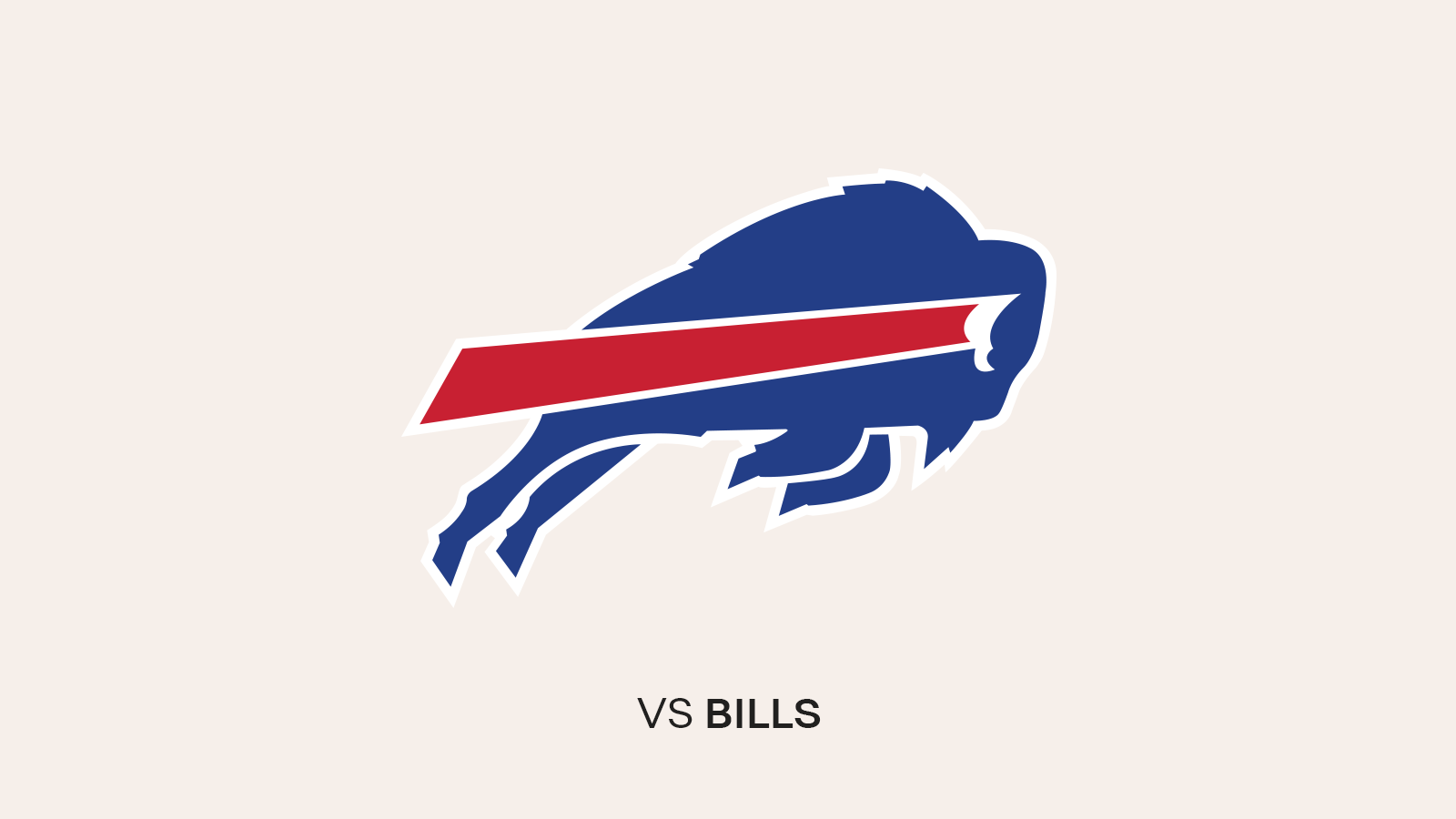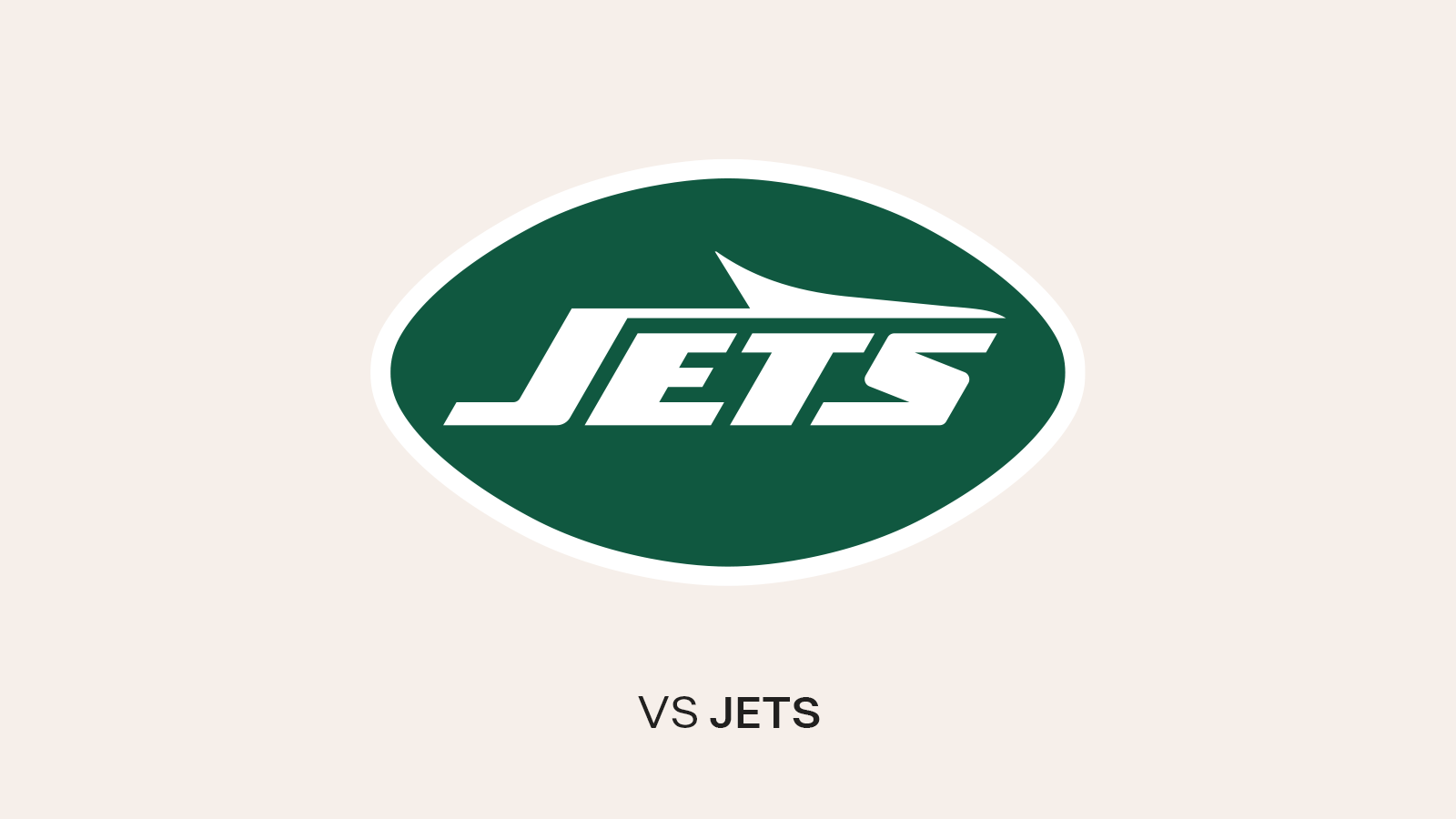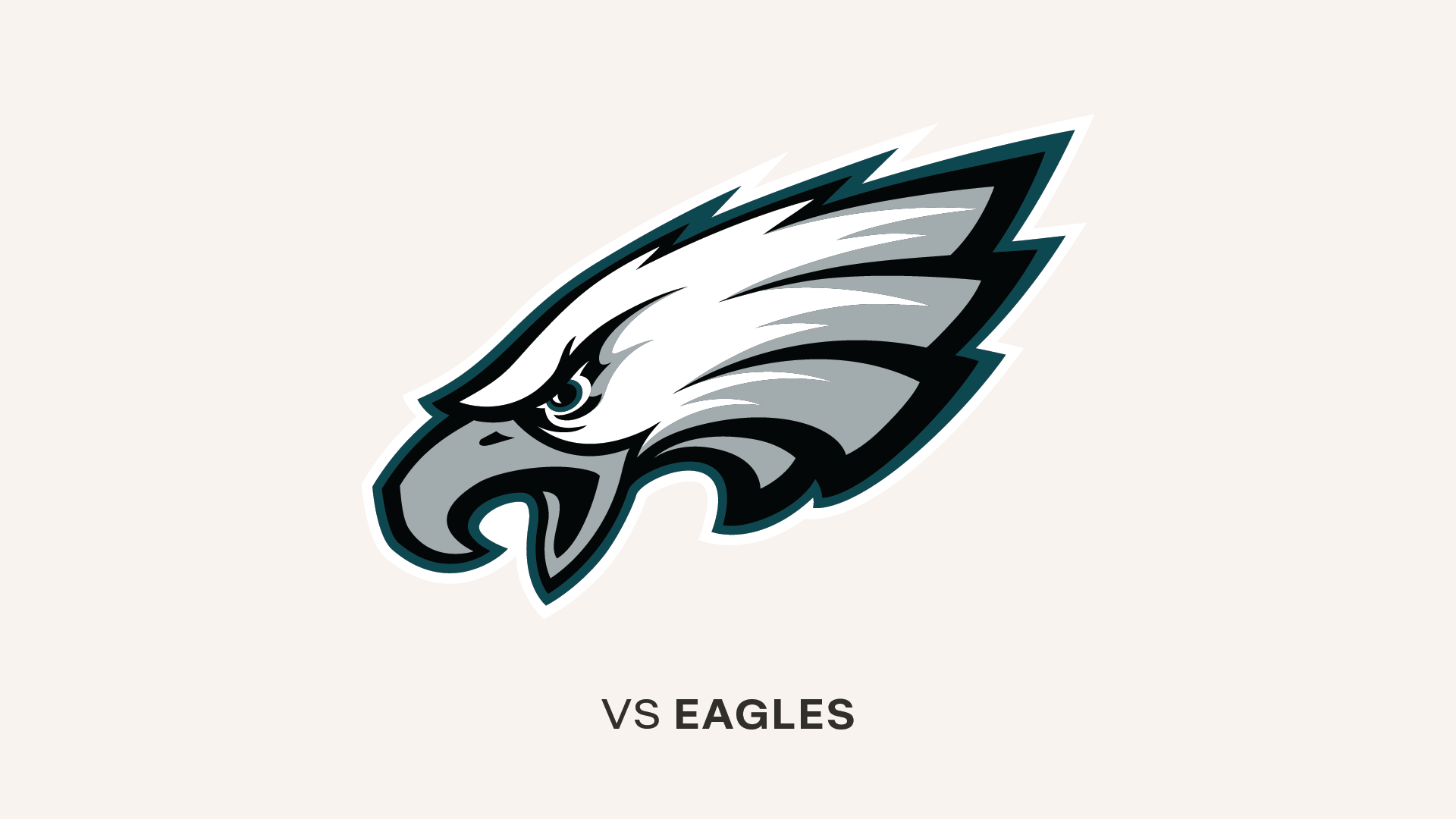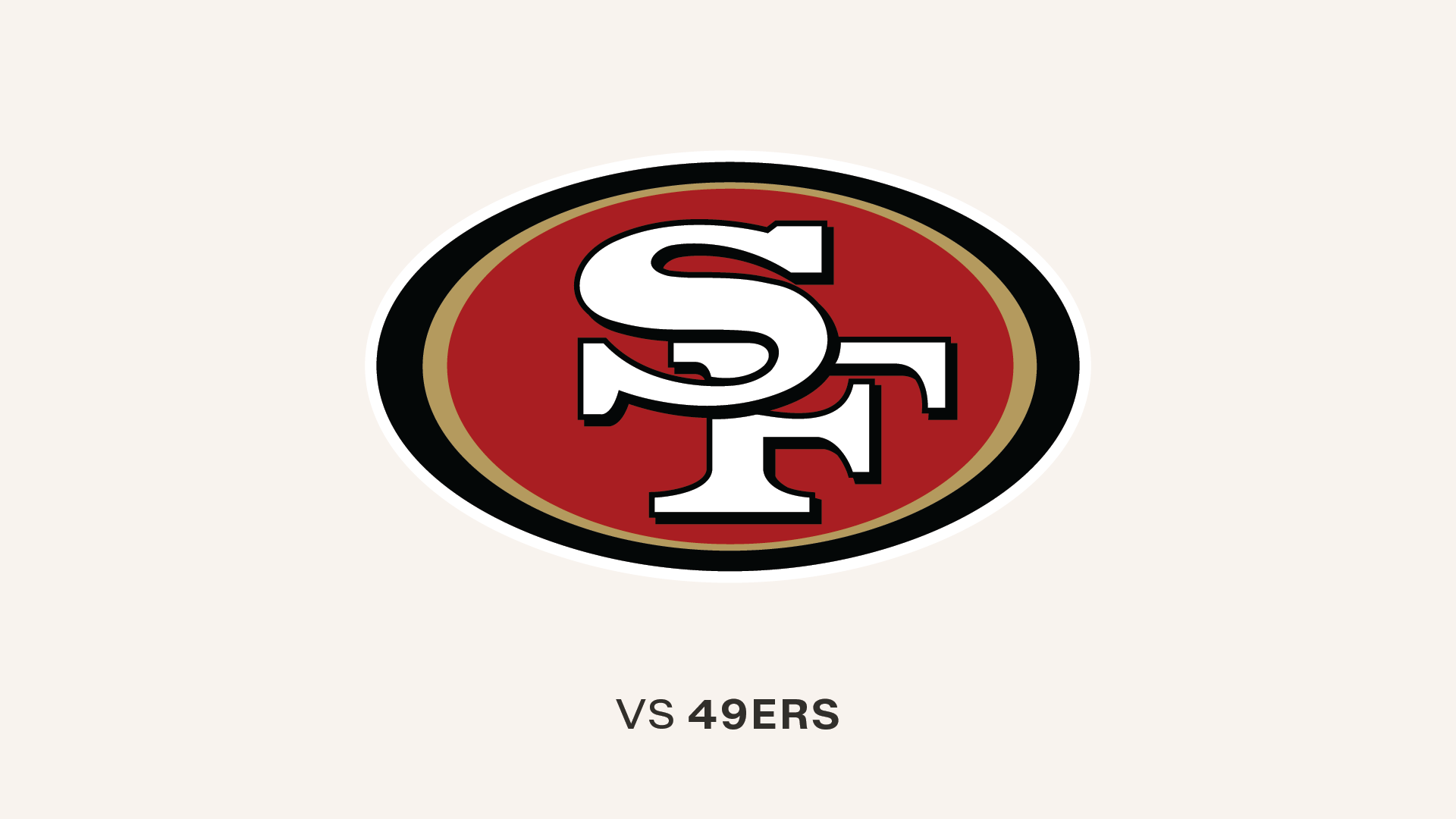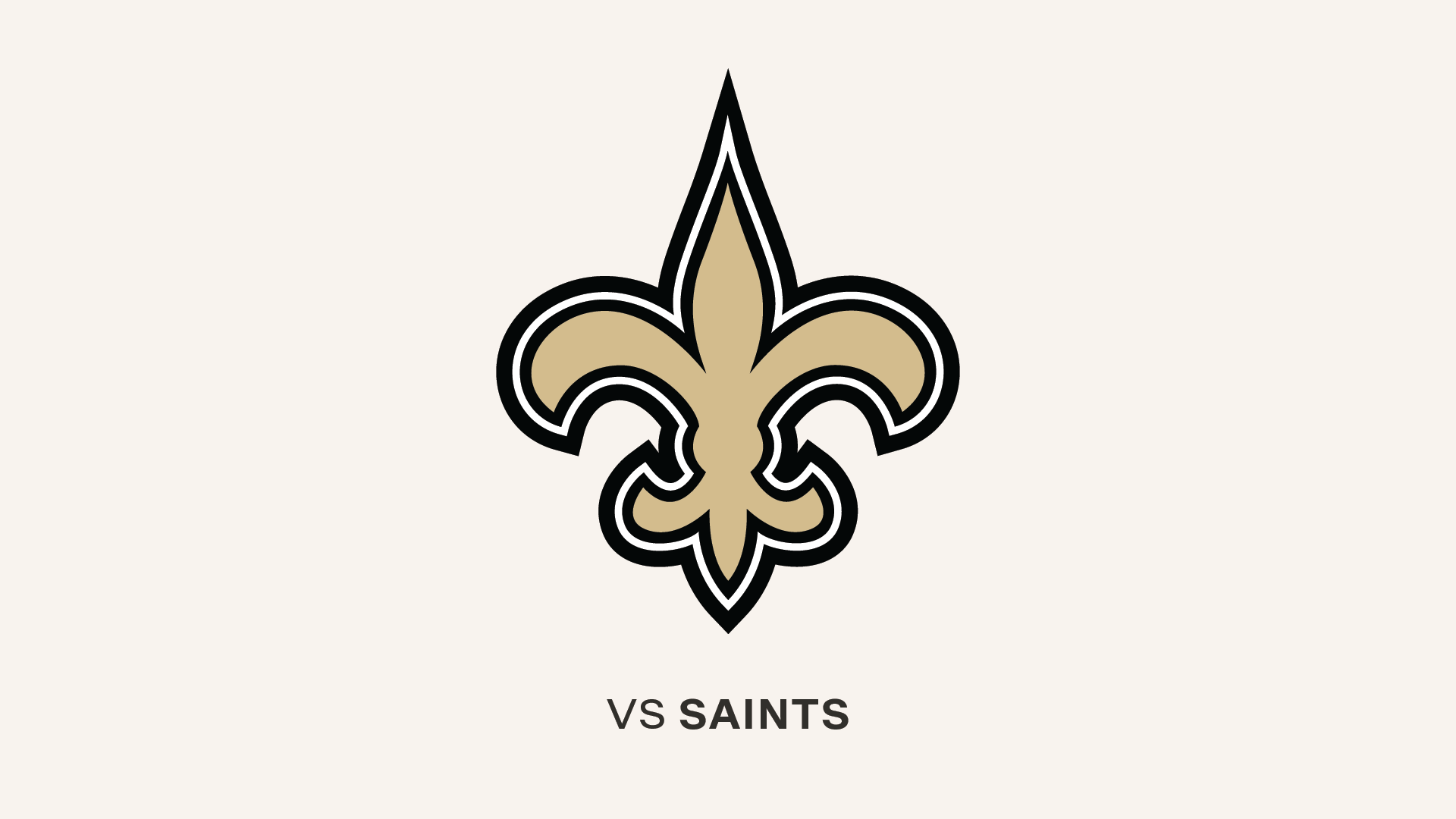Raise your hand if you're still in the playoff race
Few people like to acknowledge the existence of 'acceptable losses,' particularly in sports. For those who detest losing, the phrase is an oxymoron in the worst way.
Undoubtedly, there was no one in the Tampa Bay Buccaneers locker room on Sunday afternoon who considered the team's 31-24 defeat in San Diego acceptable.
But bear with us here, in at least the narrow subject of the 2004 NFC playoff race. If the Buccaneers could afford to lose any of their last four games and still keep their postseason hopes alive, this was the one. Call it revisionist thinking, but the loss at San Diego wasn't quite as damaging as it may have felt in the moments just after the Bucs' desperation onside kick failed.
There are two reasons for this.
First, the San Diego game was the only one of the Bucs' last four that featured an AFC opponent. As such, while it dropped Tampa Bay to 5-8 and made a .500 record the best-case scenario, it did not hurt the team in terms of tiebreakers. The most likely tiebreaker to come into effect, if the Bucs can get into one, is intra-conference record.
Second, with the exception of Carolina every team the Bucs were competing with at 5-7 also lost. Chicago, Dallas, Detroit and the New York Giants all dropped to 5-8. In addition, the St. Louis Rams, against whom the Bucs would lose a head-to-head tiebreaker, also lost to fall to 6-7.
"As crazy as it seems, we're still in the playoff hunt," said linebacker Derrick Brooks. "Right now we just have to beat New Orleans [next week] and worry about the playoffs at a later date."
In essence, with the notable exception of the Panthers, who now may have the inside track for the last Wild Card spot, nobody made a move on the Bucs. The worst part of the development was simply the passage of another week; now Tampa Bay has only three weeks to gain at least one game on Carolina and at least two on St. Louis.
Even better, the Bucs have a home game remaining against the Panthers, so at least part of the team's destiny is still in its own control.
As much as it seemed unusual to be discussing the realistic playoff hopes of a 5-7 team a week ago, it seems even stranger to be claiming life at 5-8. But the scenario that would put an 8-8 Buccaneer team into the playoffs is truly not that far-fetched.
First, let's take a look at the revised NFC standings with three games to play:
| **Team** | **W-L** | **Conf. Rec.** | **Div. Rec.** | **Remaining Opponents** | **Opp. Win Pct.^** |
| * * * | |||||
| Philadelphia * | 12-1 | 10-0 | 5-0 | dal, @stl, cin | .436 |
| Atlanta * | 10-3 | 7-2 | 3-1 | car, @no, @sea | .462 |
| Green Bay | 8-5 | 7-3 | 3-1 | jax, @min, @chi | .487 |
| Seattle | 7-6 | 6-4 | 2-3 | @nyj, az, atl | .590 |
| Minnesota | 7-6 | 4-5 | 2-2 | @det, gb, @was | .436 |
| Carolina | 6-7 | 5-4 | 2-1 | @atl, @tb, no | .513 |
| ----------------- | |||||
| St. Louis | 6-7 | 6-4 | 5-0 | @az, phi, nyj | .641 |
| Dallas | 5-8 | 4-5 | 1-2 | @phi, was, @nyg | .538 |
| Tampa Bay | 5-8 | 4-5 | 2-2 | no, car, @az | .385 |
| Detroit | 5-8 | 4-6 | 1-3 | min, chi, @ten | .421 % |
| Chicago | 5-8 | 4-6 | 2-2 | hou, @det, gb | .462 |
| N.Y. Giants | 5-8 | 4-7 | 2-3 | pit, @cin, dal | .590 |
| New Orleans | 5-8 | 3-6 | 0-3 | @tb, atl, @car | .538 |
Legend ^ Combined winning percentage of remaining opponents. * Clinched division and playoff spot % Before Monday night's Kansas City-Tennessee game
One note: We have chosen to list Carolina as the second Wild Card holder at the moment, with St. Louis under the magic dotted line. This is based on the fact that Carolina, by virtue of its 20-7 win over the Rams on Sunday, would hold a head-to-head tiebreaker between the two teams, if it comes down to that. One might also rank St. Louis ahead of Carolina at the moment given the Rams' slight edge in conference record. If a tiebreaker is eventually needed between more than two teams, that might be the more important consideration.
However, the third team would have to come from one of the other two divisions for that scenario to occur; the first step in any multi-team Wild Card tiebreaker is to eliminate all but one team from each division. For instance, if the Bucs, Panthers and Rams all finished at 8-8, a tiebreaker would take place between the Bucs and Panthers first; the winner of that would then be matched up against the Rams. That would be bad news for Tampa Bay, good news for Carolina.
Back to the standings. Atlanta and Philadelphia are in as division winners. The Falcons finished off the formality of winning the NFC South with their 35-10 thrashing of Oakland on Sunday, removing that tiny sliver of hope for Carolina and Tampa Bay. (Good news for Atlanta: The NFC South champ has made the Super Bowl in each year of the division's existence.) That leaves the Bucs and Panthers with only one option, one of two Wild Card spots.
Green Bay and Minnesota are still fighting for the NFC North title, with the Packers taking a one-game lead with their comeback win over Detroit, in conjunction with the Vikings' narrow loss to Seattle. Though it is no certainty, it is a strong possibility that the loser of that battle will take one of the two Wild Card spots.
In the West, the Seahawks gained a one-game edge by winning at Minnesota while the Rams were falling to the Panthers. St. Louis is far from out of it, however, as they still have an unblemished 5-0 division record, including two wins over the Seahawks. Seattle will have to maintain its lead over the Rams to avoid that tiebreaker. Both teams have difficult stretch runs, and the key could be the New York Jets. Seattle plays at New York next week and the Jets go to St. Louis on the final weekend.
Obviously, the Bucs have to win their final three games to retain any hopes of a postseason berth. If they were to do so, they would be 8-8, with a conference record of 7-5 and a division record of 4-2. In the process of winning out, the Bucs would eliminate New Orleans, next week's opponent, and assure that Carolina could be no better than 8-8.
Under that scenario, if Carolina won its other two games – and that's assuming a victory at Atlanta next week – the Bucs and Panthers would be tied at 8-8, with identical 7-5 conference records and 4-2 division marks. The next tiebreaker between the two teams would be common games (actually, that one comes before conference games in terms of two teams in the same division), and the Panthers, under the above scenario, would win that tiebreaker with an 8-6 record against the Bucs' 7-7. The difference: Carolina beat St. Louis.
In other words, the Bucs really need Carolina to lose to Atlanta next weekend.
Again, the Buccaneers also probably need to finish ahead of the Rams in almost any scenario. St. Louis is a game ahead of the Bucs at 6-7, but has remaining tests at Arizona, and at home against Philly and the Jets.
Of the other 5-8 teams, Dallas seems to be the biggest concern, given its 4-5 conference record. Figuring out tiebreaker scenarios with all of those teams remains too unwieldy at the moment, however.
Basically, the NFC playoff picture remains too muddled to make any reasonable predictions, for the Buccaneers or any team other than Philadelphia, Atlanta or Green Bay. That in itself is encouraging, however. At 5-8, you would expect to be able to write off Tampa Bay but, at least as of Week 14, you simply cannot.
"Anything's possible right now," said linebacker Derrick Brooks. "We're still alive and kicking, and we're going to continue to fight no matter what happens. More important than that is concentrating on New Orleans [next week]. The playoff picture will take care of itself. Let's keep our short-term goals."
**
The eventual tiebreaking scenarios could be complex. A few notes that may make the process easier to understand:
- If three or more teams from different divisions are tied for a Wild Card spot, the first step is to break all the ties within divisions in order to get just one representative from each division. For example, if the Bucs, Panthers, Giants and Bears all finished at 8-8, one would break the tie between the Bucs and the Panthers first, then match the winner of that tiebreaker up against the Giants and Bears. Thus, the most important game remaining on the Bucs' schedule is most likely the Carolina game. Of course, the Bucs may need to win all of their games to have a shot. * Next, one would check for any head-to-head sweeps among the remaining teams. This only applies if one team has beaten all of the others (making it the winner of the tiebreaker) or one team has lost to all the others (eliminating it before the next step). * Then one would compare conference records. If that's not enough to break the tie, the next step is to compare results in common games, followed by 'strength of victory' and 'strength of schedule.'























